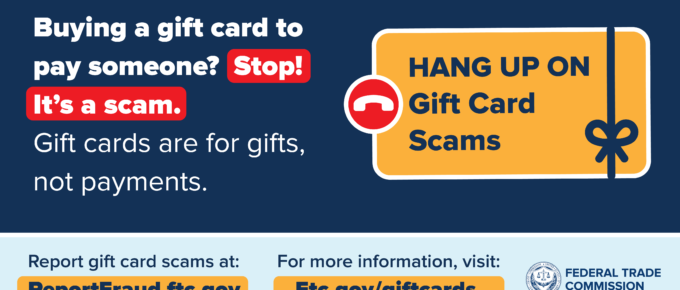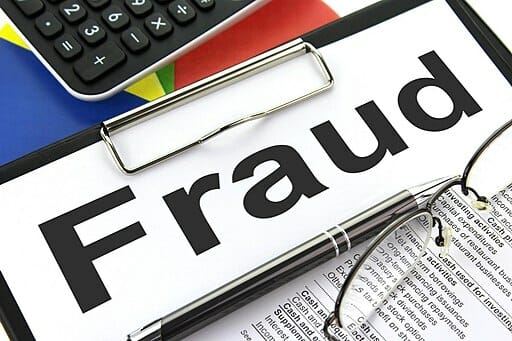This post offers essential tips to avoid home repair scams, emphasizing verification, documentation, and choosing local contractors for security.
Safeguard Your Home and Wallet from Repair Scams
Tell a Friend
If you liked this post, please be sure to share it with a friend! Send an email or share with Facebook, X, or LinkedIn.










Recent Comments